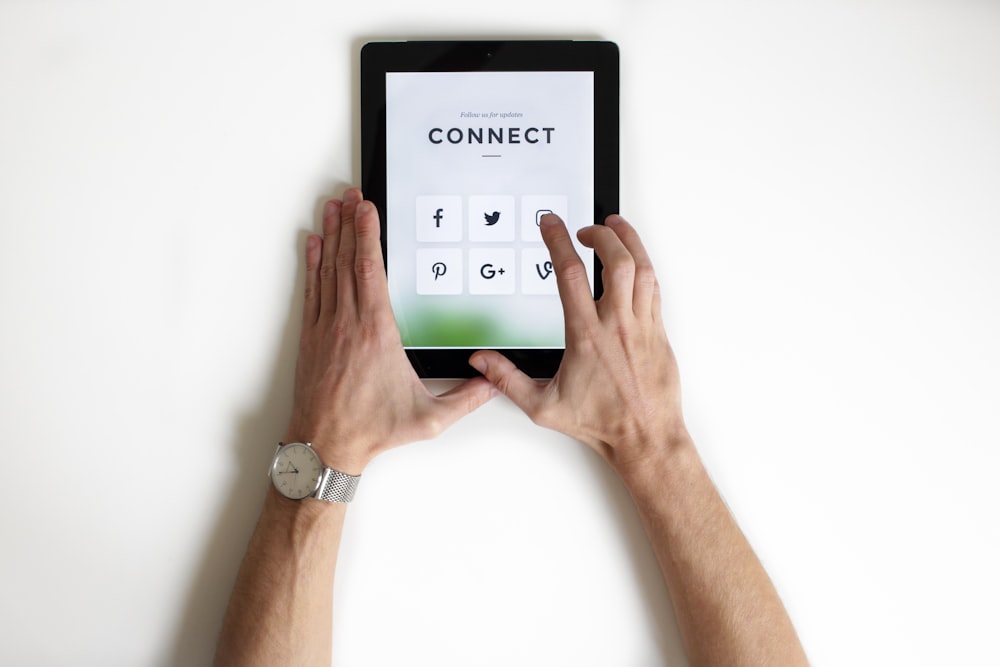
What does it mean to network using social media?
People share thoughts and daily life through social media with one or another. Social media enhance the connection between people in different places and allow everyone to share information through the internet. We build relationships in our daily life, but we can also make friends using social media. Social media allows us to learn from others’ experiences and provide us the opportunity to acquire new knowledge.
How are we motivated to participate in networked publics?
People desire to learn new knowledge, and they are curious about things they have never seen before. By participating in networked publics on the internet, we have the chance to learn knowledge without having to attend lectures physically or meet people in person. Since many people participate in the networked public, it is an efficient and easy way to find solutions for any inquiries. Participate in networked publics also allowed active sharing of information, which may inspire the creation of artworks.
What are the risks & rewards of public communications?
Public communications can help us acquire up-to-date information from various sources, find answers and advice, expand thinking, and acquire expert advice (Gutierrez, n.d.). Other rewards of public communications include building relationships and read others’ life and experiences where we may never have the chance to experience.
While public communications have numerous benefits, but may also have potential risks. In an article by Boyd, the author stated: “Our data – and with it, our privacy – is increasingly networked” (Boyd, 2012, p.348). Since communications are happening publicly, everyone on the internet may have access to our privacy or obtain private information from our photos, blogs, or messages. Other than the privacy issue, the authenticity of online information is doubtable. We do not know whether the information is from an authenticated party or not.
What is a digital identity?
Digital identity is how people represent themselves on the internet, and every action on the internet records in digital identity. It helps others to identify one or another in the digital environment.
How do personal versus professional approaches to digital identity affect social media use?
People may build their digital identities differently based on the purpose of social media use. In personal use of digital identity, we may post our daily life, interests, and opinions on social media to search for people who share the same interests. In a professional digital identity, we actively connect with people who may bring us career opportunities rather than those who only share the same interests. We present our career experience and skills on professional digital identity (like our resume). Examples for personal approaches such as Facebook, Instagram, and example for professional approaches such as LinkedIn.
How do digital identities converge in networked publics – what are the impacts and/or benefits?
People from the public network who look at our digital identity may offer us opportunities; in contradiction, if our digital identity shows any inappropriate behaviors, we may lose opportunities because of it. Because digital identity represents us like a portfolio, it is important to maintain a positive image of ourselves.
References:
Boyd, D. (2012). Networked privacy. Surveillance & Society, 10(3/4), 348–350. https://doi.org/10.24908/ss.v10i3/4.4529
Gutierrez, K. (n.d.). What are personal learning networks? What are Personal Learning Networks? Retrieved September 17, 2021, from https://www.shiftelearning.com/blog/personal-learning-networks.
September 18, 2021 at 9:27 pm
Hi Anna, I like how you think of why we are motivated to participate in network publics. Your answer is very impressed me. I believe this is why we need the network because connections and the benefits of such relationships motivate more people to participate in public networks.
September 30, 2021 at 2:16 pm
Hello Anna,
I agree with you when you said that “Since many people participate in the networked public, it is an efficient and easy way to find solutions for any inquiries. Participate in networked publics also allowed active sharing of information, which may inspire the creation of artworks. ” While participating in networked publics might be an efficient way to find information or answers for your questions, one might want to be careful with the validity of them. Being part of specific online communities personally and professionally where one can safely share and inquire ideas, can be a very powerful learning resource; therefore a great motivator for lifelong learning.
October 13, 2021 at 9:25 pm
Hey Anna,
I fully agree with you on the down side of the public communications; privacy issue, which is indeed an important aspect we need to concern. “Our photos, blogs, or messages” are all linked to us, those items could reveal our identity, or personal information which we do not want to share. Besides that, you did a good job engaging with other questions!
November 24, 2021 at 12:13 pm
Hi Anna,
I agree with the idea that social media enables us to make new friends, get more knowledge from others, and share our thoughts and artwork with people worldwide. I also do agree that the sharing of information has potential risks when confidential information is exposed to the public. Such risks include the possible harm to people’s reputations and careers in general. I like how you have shown that the social media purposes: personal use and professional use. People who use social media either make an emotional and social connection with other people or build their careers. Something I was wondering after reading your post is if Facebook is only used for personal use. You can agree with me that people use Facebook and Instagram to build their careers; hence, they can be used for professional growth. However, you have made a good elaboration on digital identity and explained how important it is for people to keep a positive image of themselves on social media sites. Therefore, social media can be used to expand one’s social pool and also build their business. platform.